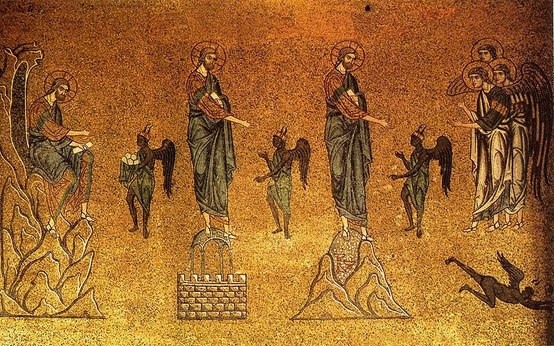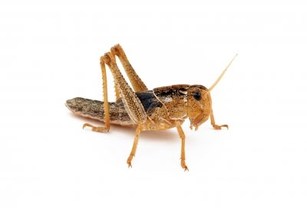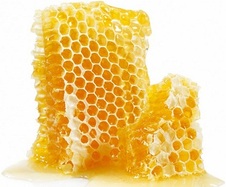Luke 4: 1-2 - And Jesus, full of the Holy Spirit, returned from the Jordan and was led by the Spirit in the wilderness for forty days, being tempted by the devil. And he ate nothing during those days.
My question for this week is also a question I had for Matthew and Mark. I had never given much thought to why Jesus fasted and was tempted. It was just something I knew that the Bible said he did, and I didn't question it. But, as an action performed by the protagonist of the gospels of the most widely sold book, I now must ask, "Why?"
Mark 14:51-52 - And a young man followed him, with nothing but a linen cloth about his body. And they seized him, but he left the linen cloth and ran away naked.
Every time I picture the scene of Jesus' betrayal in my head, I always seem to
forget about the linen cloth guy. Maybe it's because he's only mentioned in Mark, or maybe because he's a taboo subject in Sunday school lessons, but this man is not present in my mind when I picture Jesus' arrest. When I read this passage previously, I said, "That's weird" and moved on; but now that I'm reading the Bible as a piece of literature, I feel compelled to find out why this nudist is included in the story.
Matthew 3:4 - Now John wore a garment of camel's hair and a leather belt around his waist, and his food was locusts and wild honey.
Dining on wild honey might not be so bad, but who would want to put a prickly-legged, jumping, live locust into his mouth? Apparently, John the Baptist preferred to do it.. Yuck! Being in church all my life, I've always known that John the Baptist ate locusts and honey, but as I study the Bible as literature, I have to know how each detail fits into the story that I'm reading, so, naturally, when I read about this strange diet, I had to ask "why?"



 RSS Feed
RSS Feed